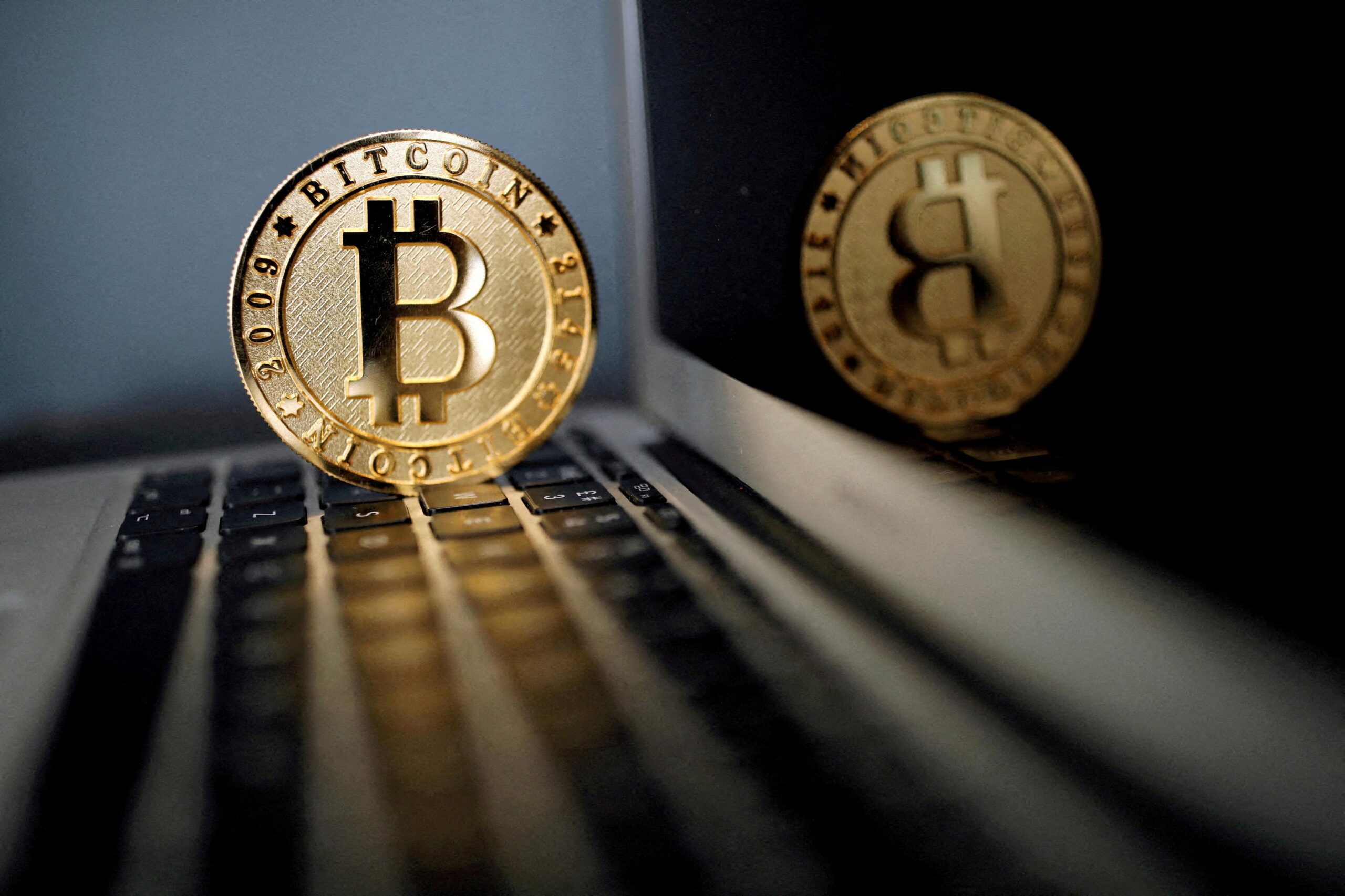The Central Bank of the Philippines issued a warning, advising citizens to exercise greater caution regarding crypto schemes on social media. It was clarified that Governor Eli Remolona, Jr. does not support any crypto investment, including the purported crypto initiative “Tesler Code.”
Additionally, it cautioned that fraudsters are utilizing AI-manipulated videos on social media platforms to disseminate misinformation.
These deepfakes are designed to target organizations, including the central bank and its officials. Additionally, they attempt to imitate the appearance of legitimacy by targeting other public figures.
The bank advised the public to remain vigilant and refrain from disclosing personal information to suspicious individuals to safeguard against this fraud and similar ones. Additionally, the public is encouraged to report suspicious activities and confirm social media posts’ authenticity.
The announcement stated that misrepresenting the BSP or any of its officers or units is punishable under the law.
Crypto Scam Falsely Connected to Philippines Giant Ayala
This scheme also appears to have targeted Ayala Corporation, a significant conglomerate in the Philippines. The company clarified last month that its chairman, Jaime Augusto Zobel de Ayala, is not affiliated with the “Tesler Code.”
It was reported that specific individuals made false claims of affiliation with prominent businesses and figures to entice individuals to invest in this initiative.
Ayala subsequently announced that it had implemented a crackdown on fake websites and social media profiles. The objective was to prevent disseminating misleading information by eliminating these deceptive online presences.
Crypto Scammers Hijack YouTube with Fake Elon Musk
The sophistication of crypto schemes is rising as fraudsters utilize AI and deepfakes to deceive their victims. Fraudsters are employing artificial intelligence (AI) to generate compelling narratives that enhance the credibility of their schemes.
A significant deepfake campaign on YouTube was recently disclosed in a cybersecurity report.
A fabricated video of Elon Musk was broadcast on more than 35 channels. They all exploited the enthusiasm of space devotees anticipating the SpaceX launch to promote a fraudulent high-yield crypto scam.



